The origins of the Scottish Reformation
The Scottish Reformation of 1560 is one of the most controversial events in Scottish history, and a turning-point in the history of Britain and Europe. Yet its origins remain mysterious, buried under competing Catholic and Protestant versions of the story. Drawing on fresh research and recent scholarship, this book provides the first full narrative of the question, for scholars, students and general readers. Focusing on the crucial period 1525-60, and in particular the childhood of Mary, Queen of Scots, it argues that the Scottish Reformation was neither inevitable nor predictable. A range of different âReformationsâ were on offer in the sixteenth century, which could have taken Scotland and Britain in dramatically different directions. The story which is told here is not a âreligiousâ or a âpoliticalâ narrative, but a synthesis of the two, which pays particular attention to the international context of the Reformation. It also focuses on the impact of violence â from state persecution, through terrorist activism, to open warfare. The use and misuse of violence determined the critical turning-points of the story, often in unpredictable ways. Going beyond the heroic certainties of John Knox, this book tries to recapture the lived experience of the early Reformation: a bewildering, dangerous and exhilarating period in which Scottish (and British) identity was remade.
{{comment.content}}

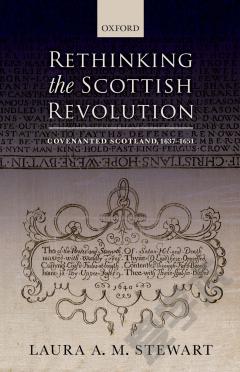
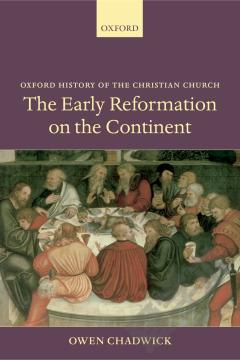
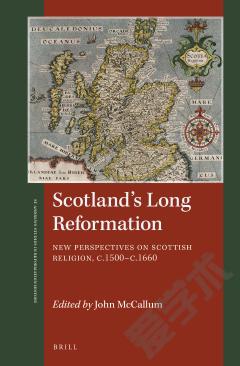

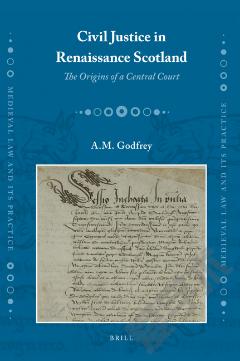
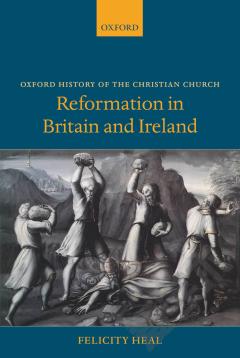

 京公网安备 11010802027623号
京公网安备 11010802027623号